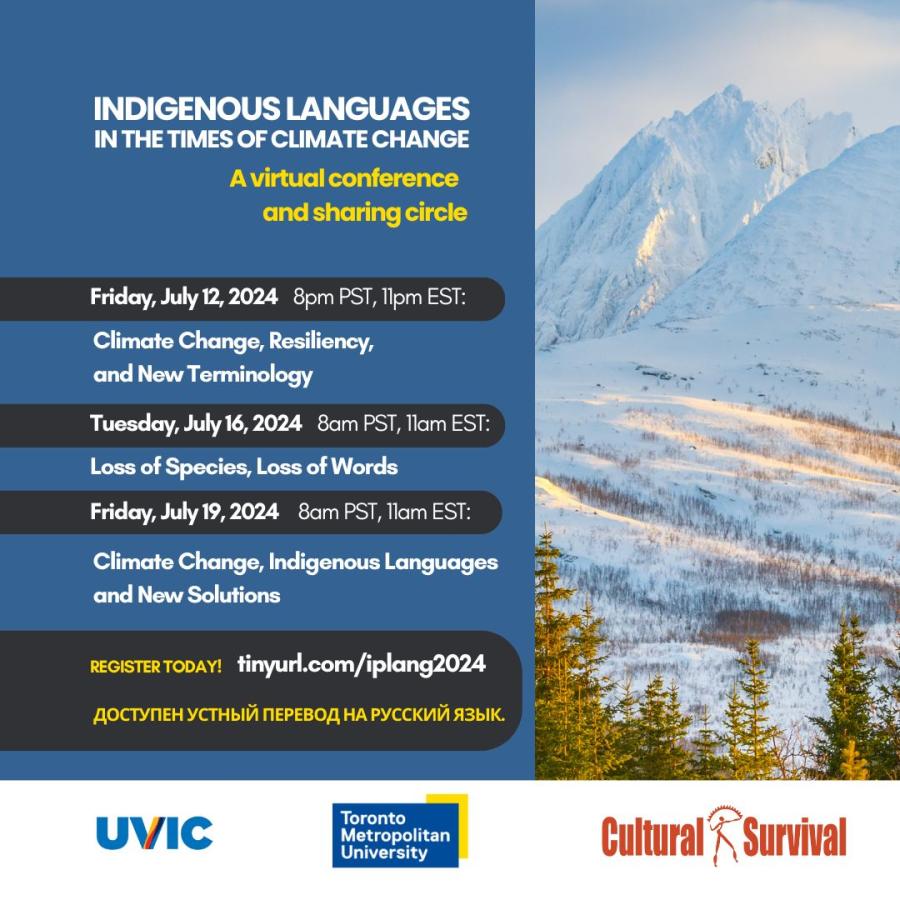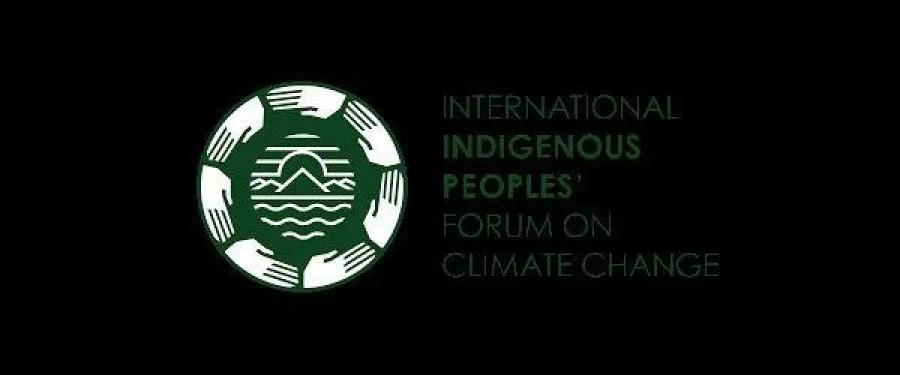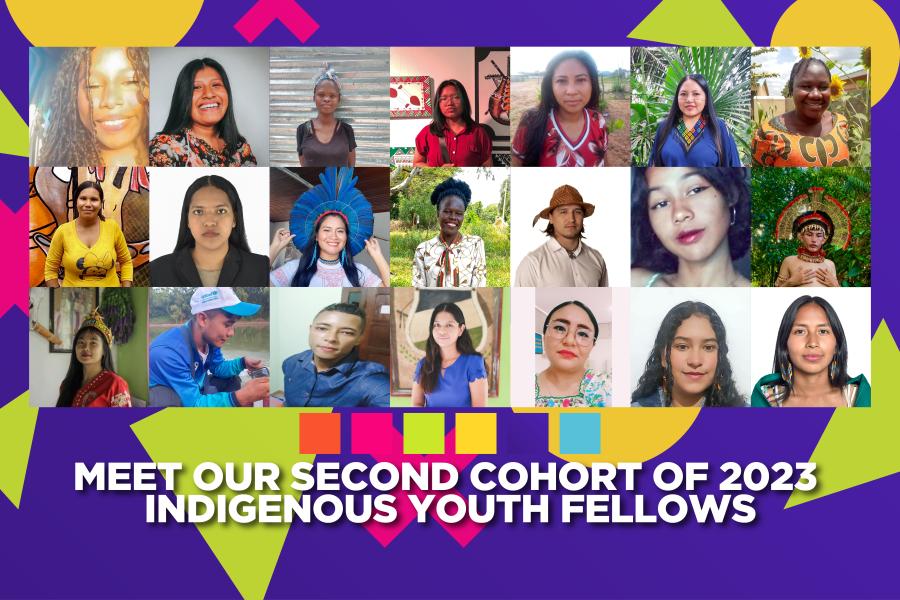
By Celia Flor Díaz Pérez (Maya Tsotsil)
The theme of lands and livelihoods brought us together as Keepers of the Earth Fund grant partners from January 15 to 17, 2024, in Siguatepeque, Honduras, thanks to the invitation of Cultural Survival. The Red Comal Network was our warm host who welcomed us with the representations of Indigenous, Maya Q´echi´, Maya Tsotsil, and Lenca organizations from Honduras, Guatemala, and Mexico.
We started the activities with reflections on where our livelihoods are rooted. The screening of a video led us to recognize ourselves as similar despite the political borders that delimit us. The content of the projection seemed like it could have come from any of our communities. The essence that resonated with us is the work with the Earth, a mutual feeling from where our ways of life and understanding the world are rooted.
Work and the relationship with our territories allow us to grow our food. Without corn, there is no root; one shouts in defense of native seeds, and this slogan makes sense because corn precedes us in the conception of Mesoamerican cultures. Without such grain, our civilizations would not have been built, which even now, despite centuries of colonization, continue to resist throughout our existence. Corn and Mesoamerican societies have a long mutual history, a deep relationship, and have evolved together.
However, industrial modernity has led to societies rooted in consumption and waste that forces us to see land and common goods as mere resources to be exploited, fragmenting all sense of reciprocity with the land. The market converted our lands into a monetary butchery rather than exchanges necessary for human survival. The Indigenous territories are threatened with megaprojects that do not correspond to our way of experiencing the world, but rather imposed development projects keep on coming and have forced exodus and waves of migrations towards the global North from where what were once our common goods have been capitalized and exploited.
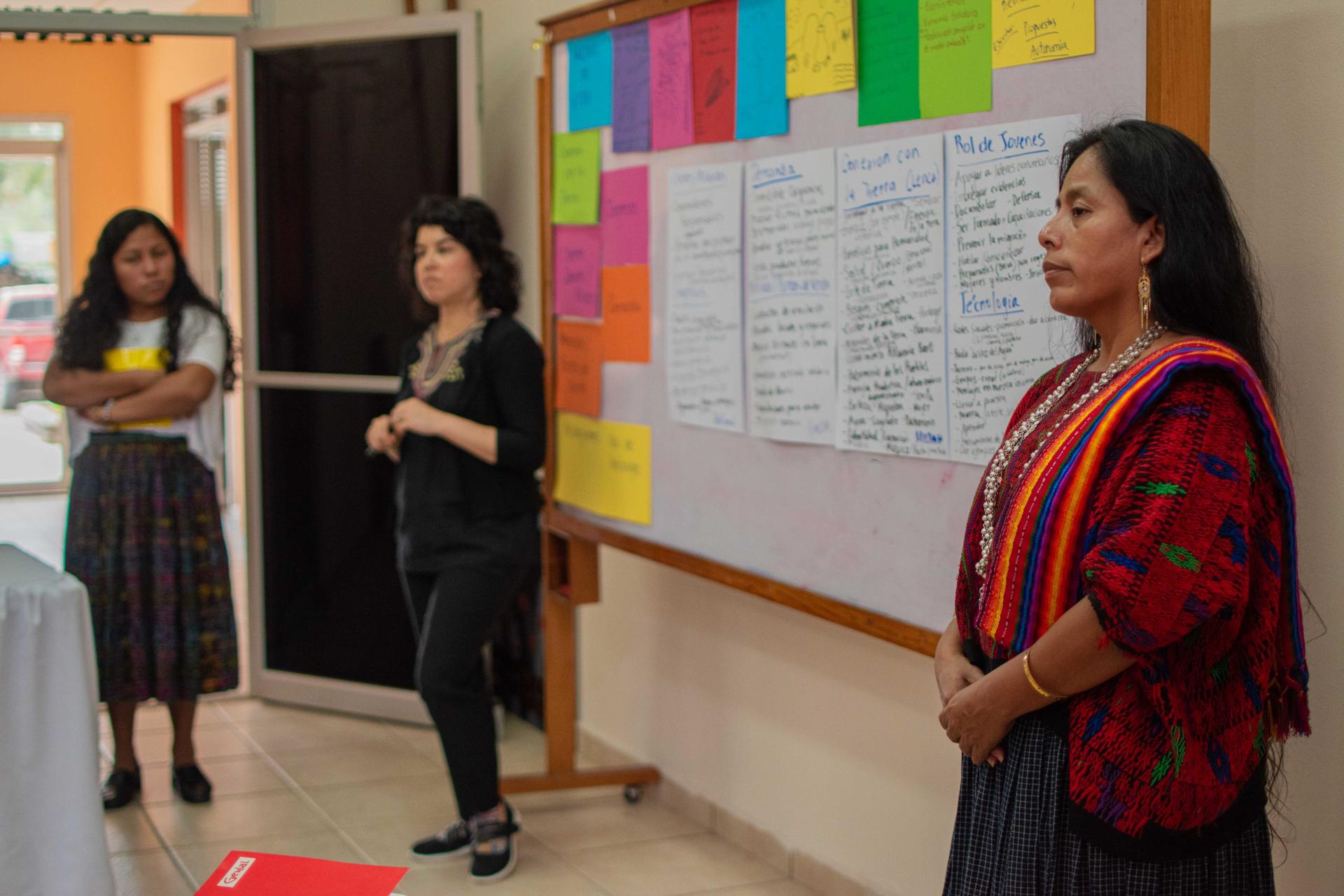
The climate crisis adds to our challenges. Although Indigenous Peoples are not the ones responsible for global warming, we are the ones who face the consequences on the front lines. Our agriculture is threatened by sudden changes in the climate, reducing our capacity for food sovereignty. The vulnerability of our livelihoods increases as our assets are looted to maintain the lifestyles of industrial societies that cause environmental destruction.
In this context of imposed and unwanted “development,” the organizations who participated in the gathering outlined the progress that we do want. Some of us recognize that we are working on the transition to eco-friendly agriculture, while others face opposition to traditional agriculture from commercial or industrial agronomy. Agroecology, food sovereignty, and social and solidarity economy were the concepts that permeated these three days of work as utopian horizons in our work as Indigenous grassroots organizations.
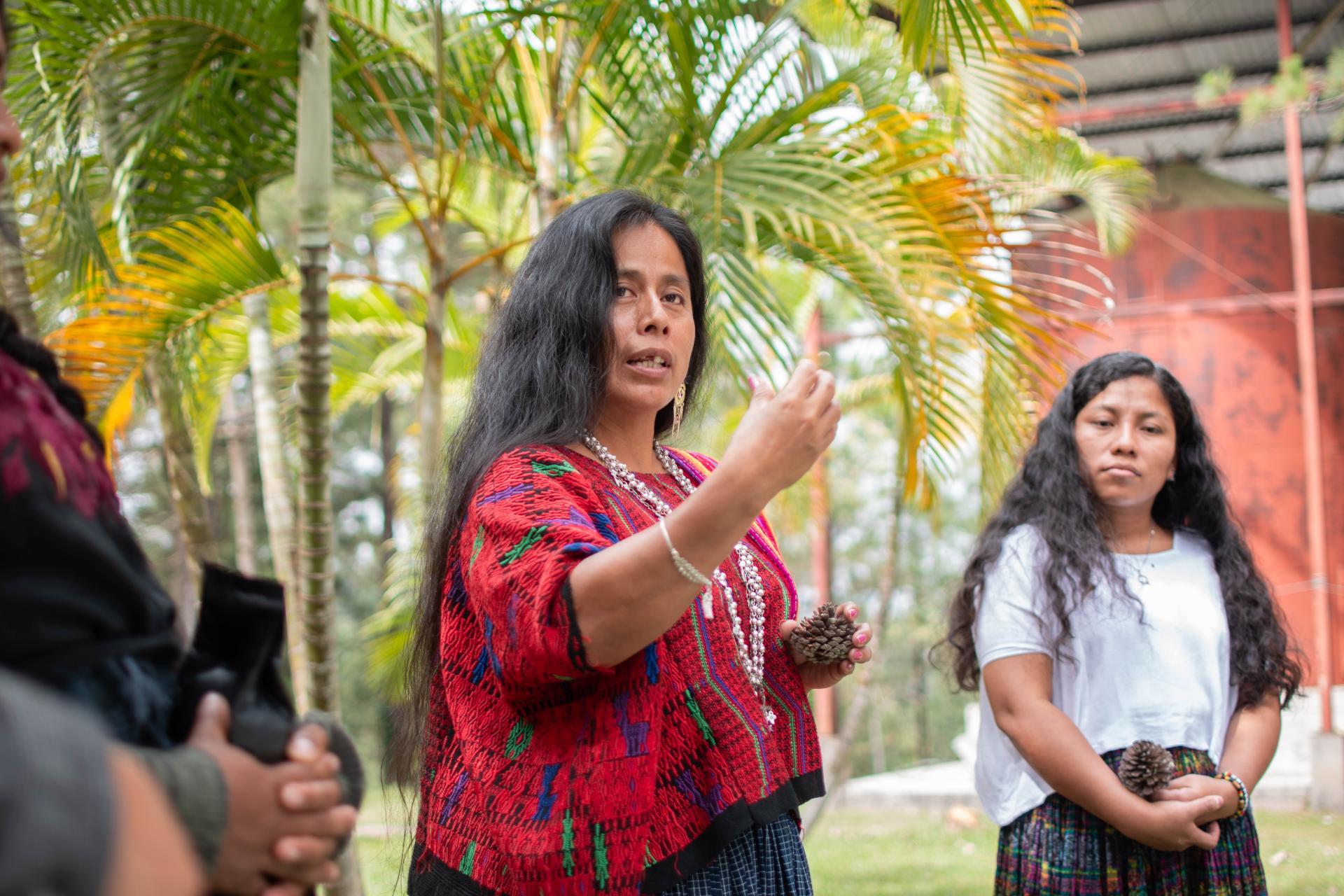
The virtual participation of members of the Kichwa Cañari community highlighted the recognition that Indigenous cultures are deeply agro-centric, “Our cultural matrix is in working with the land,” they told us while sharing images of their work. Their presentation led us to reflect that, perhaps, the concept of agroecology is constructed from a scientific perspective to name our traditional agriculture. We are now left with the task of how we reappropriate it and rethink the terms that connect us from our form to practice agriculture. With this reappropriation or reconstruction, how do we create alliances with academia, research centers, laboratories, or others to strengthen and improve our livelihoods?
The current challenges range from the need to mechanize traditional agriculture so that local agriculture is profitable and that youth are not attracted to industrial zones as disposable labor for maquilas and modern slavery. We noted the importance of women as the first in charge of family nutrition; however, we are also those who have the least access to land. We did not forget about the consequences of the climate crisis that is disproportionately impacting Indigenous territories, these being where the main biodiversity reserves and hotspots are located. For traditional agriculture to succeed, innovation is necessary, and this requires questioning and investment, which also translates into an empowerment of our identities rooted in working with the Earth.
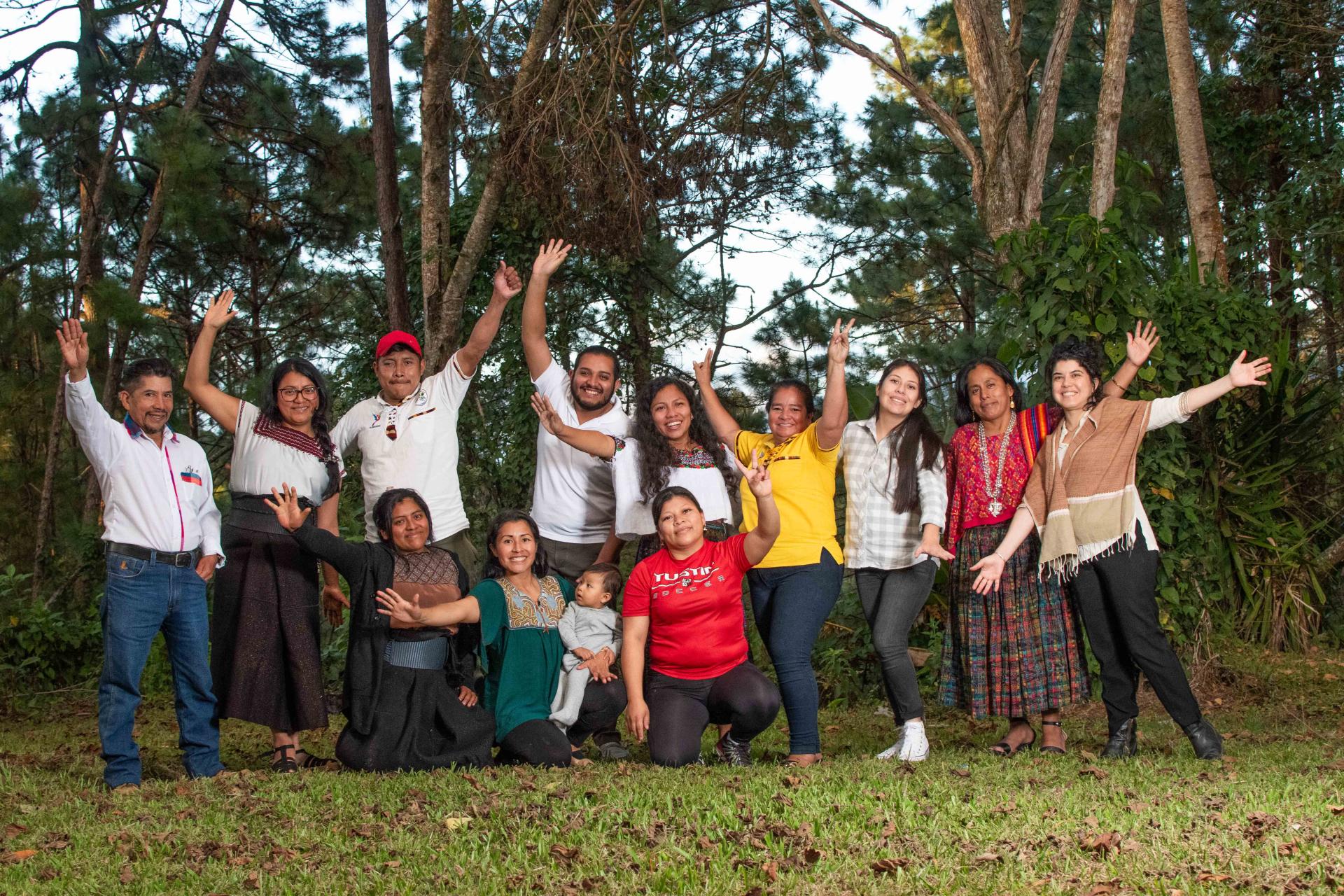
Thinking about our strengths from our livelihoods involves recognizing our food sovereignty and the need to organize the value chain of our products to get back on track with the market, marketing with a sense of solidarity that allows us to create exchange relationships with other communities and Peoples, because access to the market is also a right of producers.
We must look into processing to increase our products' nutritional and commercial value. Some organizations shared their experience about transforming these goods from a circular economy perspective and the nutritional improvement of families. It is primarily about achieving local consumption by gradually replacing the ultra-processed products pushed by large companies, while at the same time generating income for the producers. The creation of alternative markets can also contribute to social and solidarity commerce. Local and conscious consumption are practices that strengthen the relationships between producers and consumers and are concrete alternatives to the capitalist systems that destroy our resources, lands, and people.
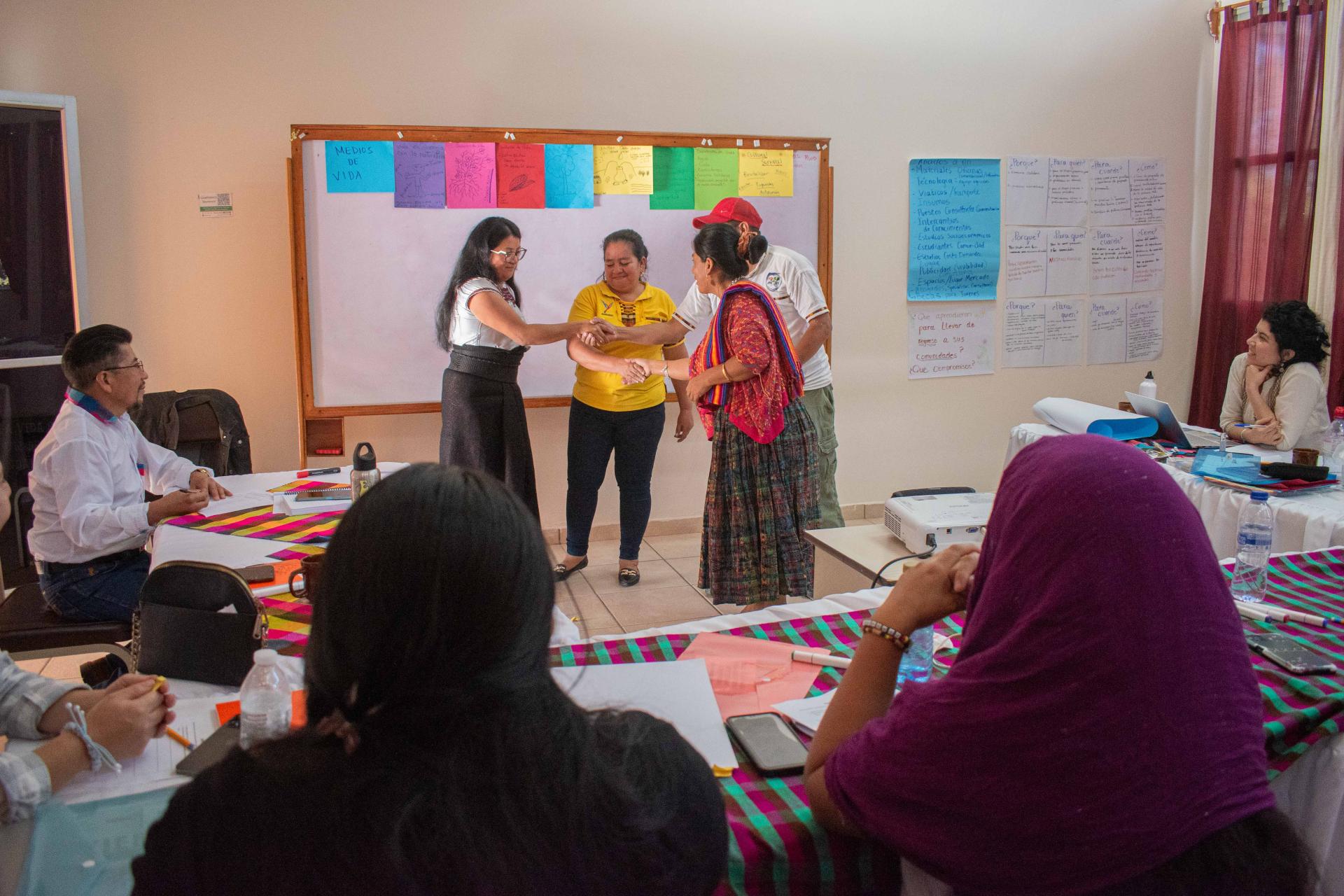
Together, we understand that our livelihoods are deeply adapted and rooted in the particularities of our territories, and the threat to this is also a direct attack on our way of experiencing the world. The challenges are enormous, as well as the threats. However, our resistance is strong. The environment is sometimes desolate because the “system” constantly criminalizes what does not align with its purposes. As Indigenous Peoples, we remain connected to our roots, our Earth, and in the defense of these territories. It is important to recognize the role of our creativity and spirituality in building the alternatives that we dream of and recognize the importance of transmitting Traditional knowledge for the protection of our lands and territories for future generations. Strengthening Indigenous traditions, knowledge, languages, and cultural identity is vital for the resilience of our people and good living. Thus, we must create strategic alliances where we can and discuss collaborations to confront this “system” that is causing today’s global crises.
--Celia Flor Díaz Pérez (Maya Tsotsil) is from Los Altos de Chiapas, Mexico, and holds a degree in Sustainable Development. Read her personal story in this link
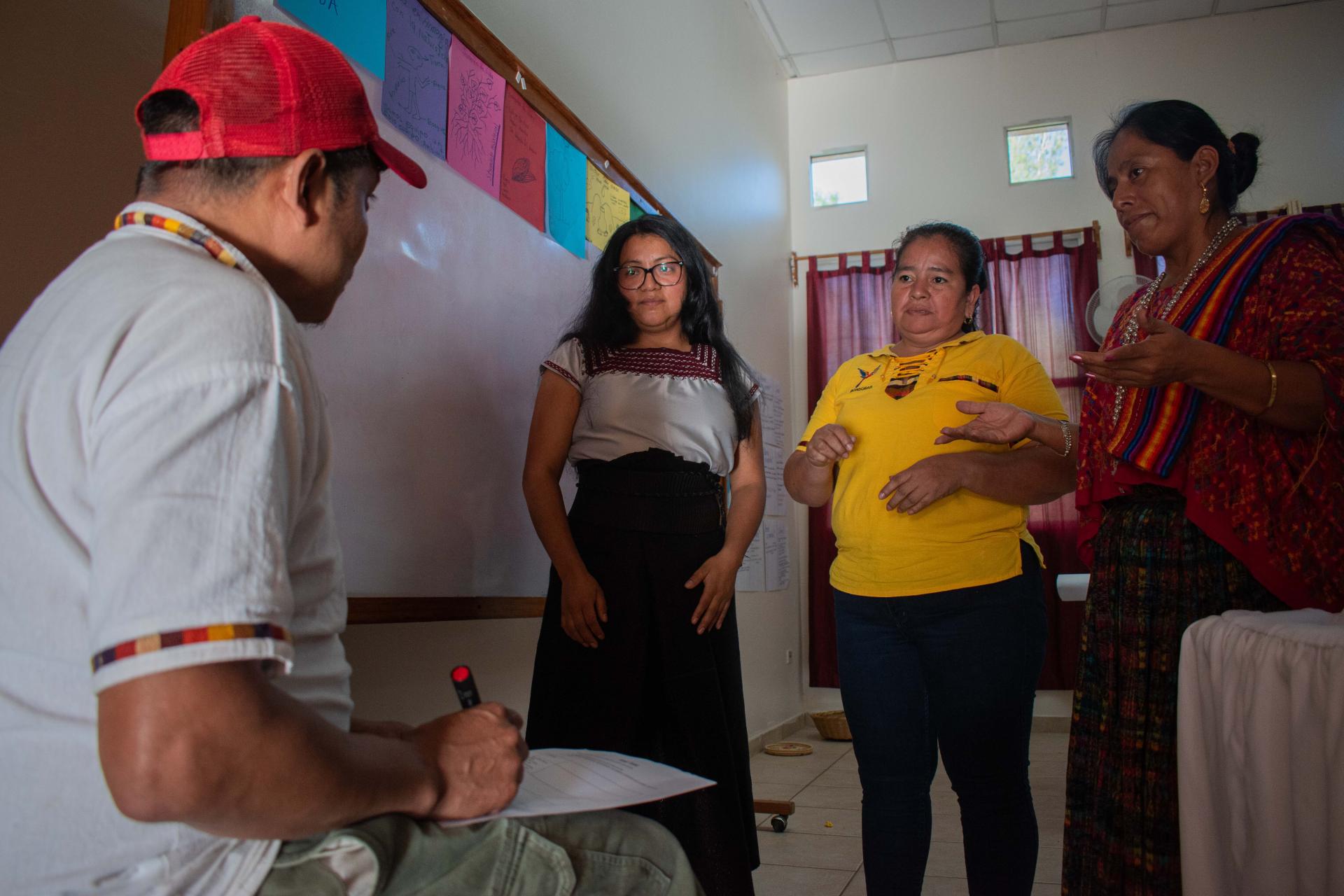
Photos by Olvin S. Vasquez.
